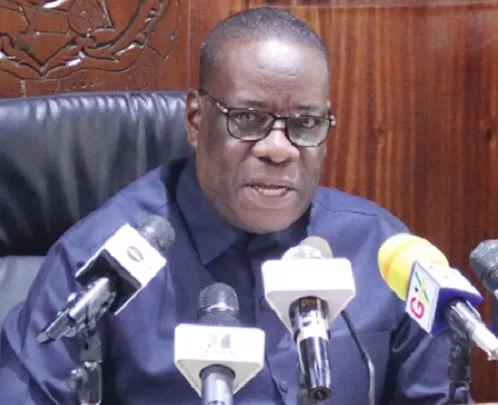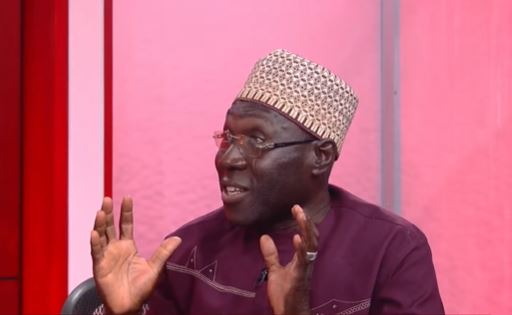The West African Examinations Council (WAEC) says the change in curriculum at the junior high school (JHS) level does not come with a change in the grading system.
It has, therefore, insisted that it has not introduced any new grading system for the Basic Education Certificate Examination (BECE) as being speculated.
“The Stanine grading system is what has been in use since the first BECE was written in 1990.
“WAEC has not issued any statistics indicating the pass or failure rate among students,” the Head of Public Relations of WAEC, John Kapi, told the Daily Graphic in an interview in Accra.
He described the speculation about the supposed new grading system as “fake news”, and asked the public to disregard it, adding that if there was any change in the grading system, it would have been discussed extensively with stakeholders and an official announcement made accordingly.
Norm-referenced grading system
Ghana uses the norm reference or the Stanine grading system, which categorises the people as one cohort.
The grades are from one to nine and it is mainly used for selection and placement.
It is used to differentiate high and low achievers, where one is categorised as highest, two as higher, three as high, four as high average, five as average, six to seven are low average, eight as lower and nine as lowest.
‘Fake’ document
When WAEC released the BECE results, social media was flooded with a document claiming that “with the new curriculum in Ghana, the BECE 2024 results calculation has changed”, providing different interpretations.
However, Mr Kapi said the Stanine grading system did not make room for any comparison in performance by students in the preceding years.
“It is, therefore, disingenuous for some members of the public to put out some statistics purported to be coming from the WAEC,” he stressed.
Withheld results
Speaking on withheld results, Mr Kapi said its internal investigations had been completed and those not affected would have their results released.
“We have carried out our internal investigations and we are moving a step further to release some results,” he added.
Mr Kapi said that those whose results still had problems were slated for a “one-on-one with them as further enquiry into their involvement in the reported malpractices”.
He explained that the issue with the pending results had to do with some supervisors issuing wrong instructions in the use of answer booklets.
Payments to WAEC
Mr Kapi expressed the examination body’s gratitude to the government for releasing some funds that enabled the council to pay the examiners who marked the BECE scripts.
He mentioned particularly some supervisors, invigilators and script checkers as those among the few yet to receive their payments.
Mr Kapi said currently, the outstanding amount to clear with the BECE stood at about GH¢4.9 million.
The WAEC officer stated that coordination of assistant examiners started yesterday with regard to the West African Senior School Certificate Examination (WASSCE) for 2024 School Candidates.
“The marking of scripts is expected to be completed by Friday, November 29, 2024. So far, Supervisors and Invigilators have not yet been paid,” he said.
Funds for WASSCE
Mr Kapi explained that the earlier funds released were meant for the conduct of the examination.
“The council is waiting for further release of funds to enable it to conclude the marking of scripts and processing of results,” he said.
He explained that meetings had been held between WAEC and the Ministry of Education and that assurances had been given, “although the money is yet to hit the account of the council”.
Mr Kapi said the council would appreciate the release of the remaining funds for the BECE, as well as the WASSCE, to enable it to conclude its activities before the close of the year.
He said so far, a third of the amount for the WASSCE had been paid for the conduct of the examination, and that “we would truly appreciate it if the remaining amount is released to us”.
“We want to avoid the situation where examiners will keep our scripts because they are not sure when they will be paid for their services”.
“We also want to ensure that we do not truncate the academic calendar of the universities,” the head of Public Relations of WAEC told the Daily Graphic.
















